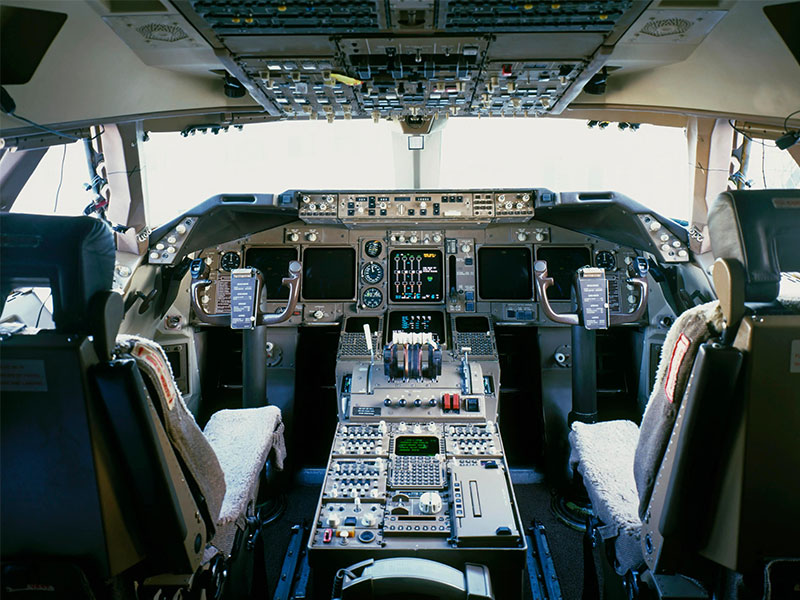Sri Lankan Airlines is facing a major pilot shortage, with nearly 60 pilots leaving the airline in the past 12 months. This has posed a challenge for the airline in maintaining its pilot workforce and has led to the temporary grounding of three aircraft.
The pilot shortage is due to a number of factors, including the country’s economic challenges, which have led to lower salaries and benefits for pilots.
Additionally, some pilots have left the airline to take up positions with foreign airlines, which offer higher salaries and better working conditions.
To address the pilot shortage, Sri Lankan Airlines has received government approval to hire foreign pilots. However, this is a short-term solution, and the airline will need to address the underlying causes of the shortage if it wants to attract and retain pilots in the long term.
The CEO of Sri Lankan Airlines, Richard Nuttall, has said that the airline is committed to addressing the pilot shortage.
He has pointed out that the airline industry is notoriously capital-intensive and has a history of being challenging for governments to operate profitably.
However, he expressed optimism that strategic growth initiatives, including expanding the airline’s hub, acquiring new aircraft and strengthening the entire network, will create a more resilient and cost-effective operation.
Nuttall also spoke about the privatization and restructuring of Sri Lankan Airlines.
He said that privatization represents a significant strategic shift that can potentially inject fresh capital, expertise and efficiency into the airline.
However, he stressed that the airline does not mind whether it is government-owned or privatized, as long as it gets the support it needs to grow the business for the benefit of the region.







